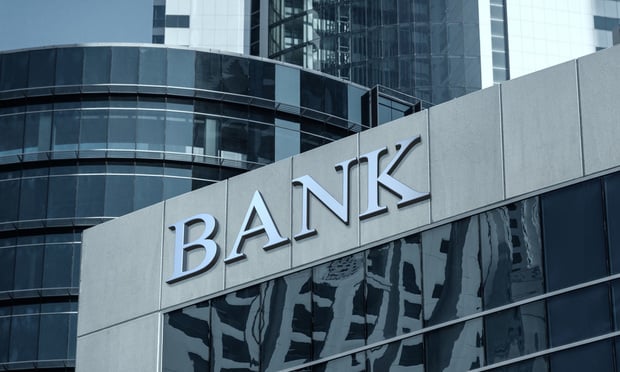The sale suggests not only that the bond markets are healthyagain, but also that the quasi-government agency is succeeding inits efforts to become a benchmark security in those markets.
This sale was made despite increasing scrutiny from politiciansand banks that say the government-sponsored Fannie Mae and FreddieMac have advantages that let them unfairly compete with privatebusinesses. Other critics say the growth of these agencies couldput their investors at risk, and call for new limits on them. Rep.Richard Baker, a Louisiana Republican, introduced a bill that wouldgive Fannie Mae a new regulator and prevent it from borrowingdirectly from the Treasury, a move that would weaken Fannie'scredit quality in the bond markets.
Although the political pressure has lessened since spring,Fannie Mae still had to pay better terms to lure investors. "It's aquarter point more than before the Baker bill," says Arthur Frank,director of fixed income research at Nomura SecuritiesInternational Inc. in New York. Fannie Mae began with a spread ofabout 80 points over the 10-year Treasury bonds at the end ofFebruary. This widened to 124 basis points in mid-May, beforeclosing the deal this week with a spread of 106.5 basis points.
Continue Reading for Free
Register and gain access to:
- Breaking commercial real estate news and analysis, on-site and via our newsletters and custom alerts
- Educational webcasts, white papers, and ebooks from industry thought leaders
- Critical coverage of the property casualty insurance and financial advisory markets on our other ALM sites, PropertyCasualty360 and ThinkAdvisor
*May exclude premium content
Already have an account?
Sign In Now
© 2024 ALM Global, LLC, All Rights Reserved. Request academic re-use from www.copyright.com. All other uses, submit a request to [email protected]. For more information visit Asset & Logo Licensing.








